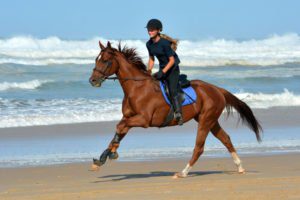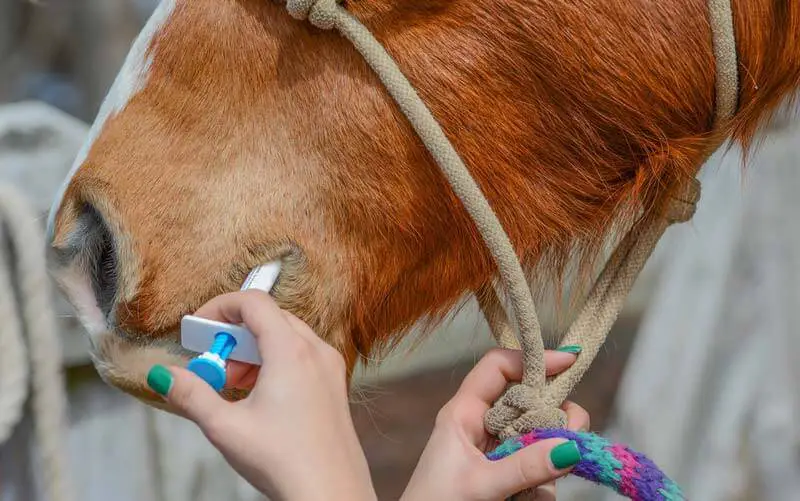 As a general rule, scientific studies indicate a horse shouldn’t be expected to carry more than 20% of its bodyweight. However, when selecting the right horse for you, their health, condition and soundness are most important.
As a general rule, scientific studies indicate a horse shouldn’t be expected to carry more than 20% of its bodyweight. However, when selecting the right horse for you, their health, condition and soundness are most important.
The safety and wellbeing of both horse and rider are paramount. If you’re looking for a new horse, there are several questions you should ask to determine if they’re the right match for you.
- Are they healthy?
Is the horse in good health, with vaccinations, dental and hoof care up to date? Does the horse show any signs of illness or injury? A vet check is well worth the money when shopping for a horse. With various tests, it may uncover present issues that will cause bigger problems in the future.
- Are they conditioned?
Above all, any horse expected to perform under saddle must be a in healthy body condition. Further to this, they should also be trained and conditioned for the activities expected of them. If the horse has been out of work, they must be conditioned slowly prior to carrying any heavy weight.
- Are they sound?
A veterinarian can also perform a soundness examination prior to purchase. A word of caution – a soundness examination will evaluate the horse – its back, legs and hooves – to determine their soundness for riding, not if they’re the right size horse for you.
- What is their age, breed and size?
Aside from the horse’s overall health, you must also consider their age, breed and size. Are they too old or too young for you? Are they a suitable breed for what you intend to use them for? Are they too small for you to ride comfortably or too big for you to handle safely?
- Are my skills suitable for the horse?
Finally, attention must also be paid to you, as the rider. Most importantly, if you’re a new or inexperienced rider buying your first horse, you need to ensure your riding abilities are suited to the horse. A heavy, unbalanced rider may cause long-term injury to the horse’s back.
You should also be mindful of the equipment you intend to use. A lightweight saddle that fits both horse and rider will assist in minimising the impacts of riding, even if you are heavier. Speak with a veterinarian and qualified saddle fitter if you have further questions.



